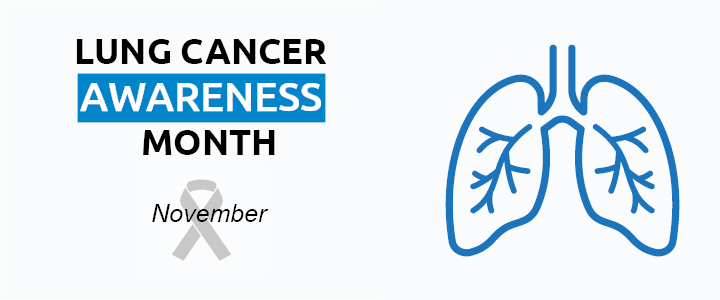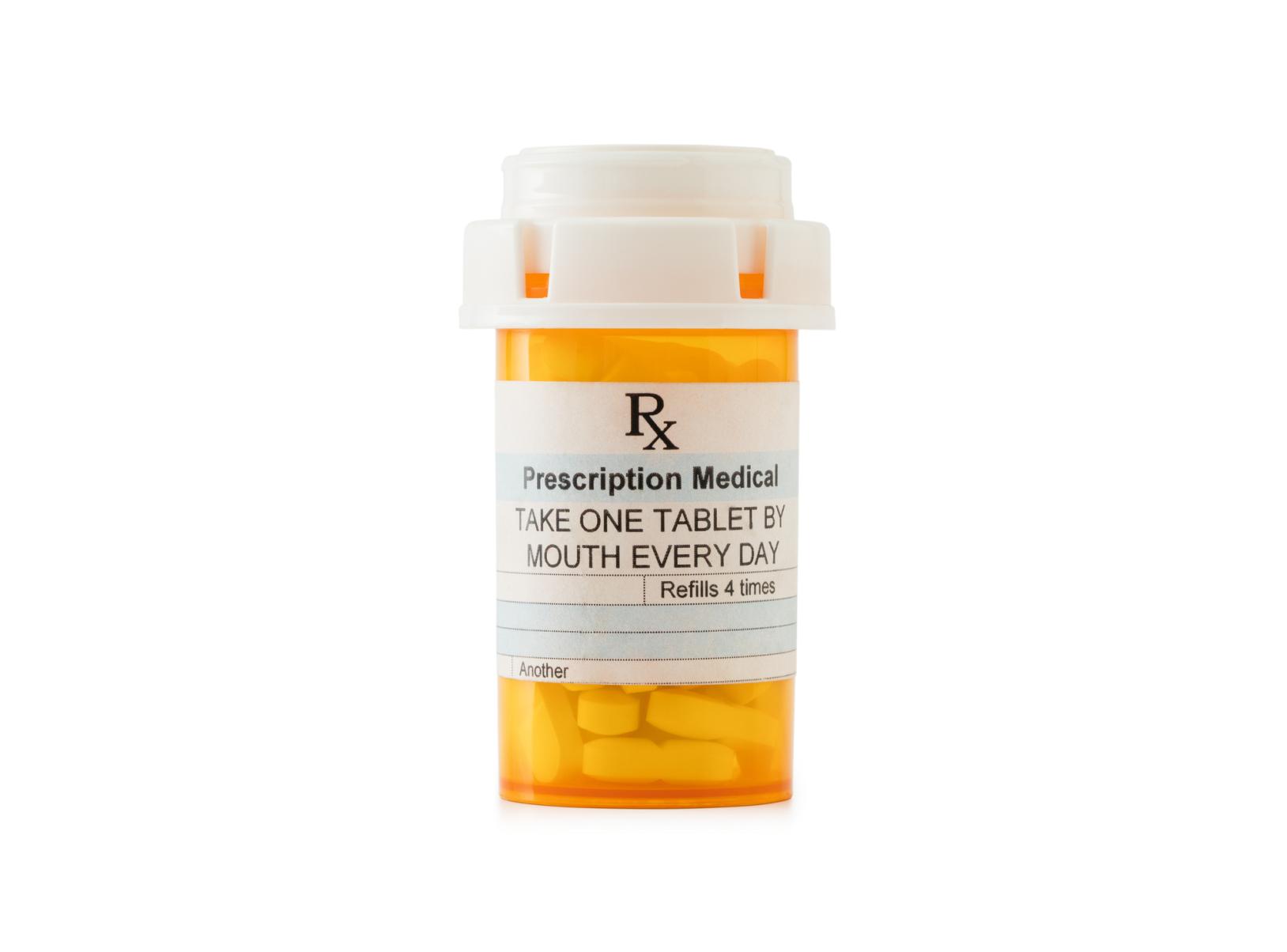
A time to encourage prevention and support those affected by lung cancer
Pharmacists play an important role in helping British Columbians quit smoking — one of the leading preventable risk factors for lung cancer. Through the BC Smoking Cessation Program and Minor Ailments and Contraception Service (MACS), pharmacists can provide both nicotine replacement therapy (NRT) and prescription medications to help patients quit.
Talk to Your Pharmacist
Whether you’re ready to quit smoking, looking for resources for a patient, or simply want to learn more about how pharmacists can help — your local pharmacy is here to support you.
Support to Help Patients Quit

Nicotine Replacement Therapy (NRT)
Pharmacists can start eligible patients on a free 12-week course of nicotine patches, lozenges or gum through the BC Smoking Cessation Program.
Learn more about eligible products from the Government of British Columbia.

Prescription Medications
Under the Minor Ailments and Contraception Service, pharmacists can assess and prescribe medications for nicotine dependence, including:
- Varenicline (Champix®)
- Bupropion (Zyban®)
Coverage for these medications may vary depending on the patient’s PharmaCare plan.
Speak to your pharmacist to learn more.
Resources for Pharmacists
Pharmacists are often the first point of contact for patients ready to quit. Stay informed with tools and continuing education from QuitNow, BC’s smoking cessation support service.
- Provider Newsletter (4x/year)
- Live Workshops & Training
- Provider Webinars and Recordings
- Free Digital Resources
- Print Materials
- Referral Program for Providers
These resources offer up-to-date clinical guidance and communication strategies to help patients — including youth and those who vape — successfully quit.
About Lung Cancer Awareness Month
Lung Cancer Canada leads national efforts to raise awareness, advocate for better care, and support patients and families.
Learn more and get involved at lungcancercanada.ca.
You can also read the Government of Canada’s statement recognizing the importance of ongoing efforts in prevention, early detection, and care.

